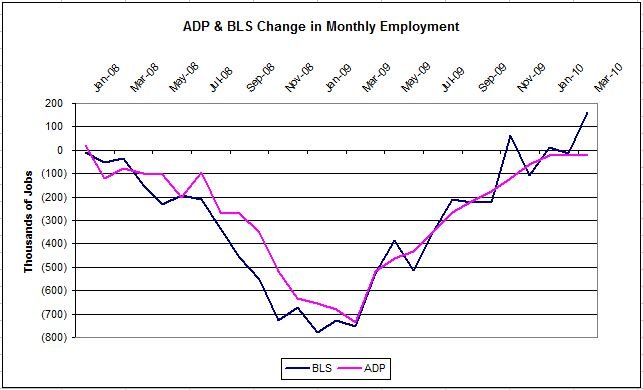And that's dangerous. But it's very hard to make the case that returns will be, say, after inflation, more than 6% to 7%. That's the most optimistic expectation. We start from a point where we've had a very -- a huge bull market in the 1990s, only part of which has been given back. Equities are still valued at historically high prices. Interest rates, I don't have to tell you, are historically low. And so you start from there, and there you are. I think something very important to think about this, that a period of low returns, you think, well, every year maybe we'll have 4%, 5%. It doesn't work that way. Low returns result from high volatility. You have a big year, and then a bad year, and the pattern of low return periods is high volatility, not low volatility. It's a scary time.
./.
I look at it that I think the number one rule of asset allocation is the returns on capital are highest where capital is scarce. In other words, you want to be the provider of scarce capital, where nobody else will lend, you want to be the lender. And I think courtesy of partly the Federal Reserve’s generosity over the past six, seven, eight years there is no asset class starved for capital. Hedge funds, commodity funds, venture capital, private equity -- you name it -- everybody is flush with cash. I think what that says is asset returns across the board are going to be muted relative to people's expectations. In other words, low returns not only for equities but for everything. And I think what that means is it's a great time to be very broadly diversified. The opportunity cost of missing out on the asset class is extremely low because there is no "the asset class."

